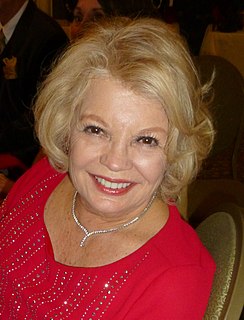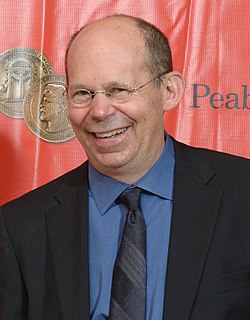A Quote by Swami Vivekananda
Karma is the eternal assertion of human freedom. . . . Our thoughts, our words, and deeds are the threads of the net which we throw around ourselves.
Related Quotes
The Yogic sages say that all the pain of a human life is caused by words, as is all the joy. We create words to define our experience and those words bring attendant emotions that jerk us around like dogs on a leash. We get seduced by our own mantras (I'm a failure I'm lonely I'm a failure I'm lonely) and we become monuments to them. To stop talking for a while, then, is to attempt to strip away the power of words, to stop choking ourselves with words, to liberate ourselves from our suffocating mantras.
In the space between stimulus (what happens) and how we respond, lies our freedom to choose. Ultimately, this power to choose is what defines us as human beings. We may have limited choices but we can always choose. We can choose our thoughts, emotions, moods, our words, our actions; we can choose our values and live by principles. It is the choice of acting or being acted upon.
I think our lives are connected by threads. We're weaving our own quilts as we go along and it has been my experience that there are so many threads that connect people. Invisible threads, strong threads, sparkling threads, but I think there is so much interconnectivity between people and I acknowledge that and I see it all the time. I think some of that is divine.
We are completely unaware of our true nature because we identify ourselves with our body, our emotions and our thoughts, thus losing sight of our unchanging centre, which is pure consciousness. When we return to our true nature, our thoughts and perceptions no longer appear as modifications of a single substance, they come into being and subside like waves of the ocean.
In the chapter on study we considered the importance of observing ourselves to see how often our speech is a frantic attempt to explain and justify our actions. Having seen this in ourselves, let's experiment with doing deeds without any words of explanation whatever. We note our sense of fear that people will misunderstand why we have done what we have done. We seek to allow God to be our justifier.
What is life? Thoughts and feelings arise, with or without our will, and we employ words to express them. We are born, and our birth is unremembered and our infancy remembered but in fragments. We live on, and in living we lose the apprehension of life. How vain is it to think that words can penetrate the mystery of our being. Rightly used they may make evident our ignorance of ourselves, and this is much.
Freedom is like holding a small bird. If you squeeze it too hard, you will kill it. But if you don't hold it firmly enough, it will fly away. Indeed, freedom can be both fragile and elusive, and so-as the McCormick Tribune Freedom Museum so powerfully reminds us-it requires our eternal vigilance, our willingness, our ability, our conviction to stand up for that which we think is right.



































